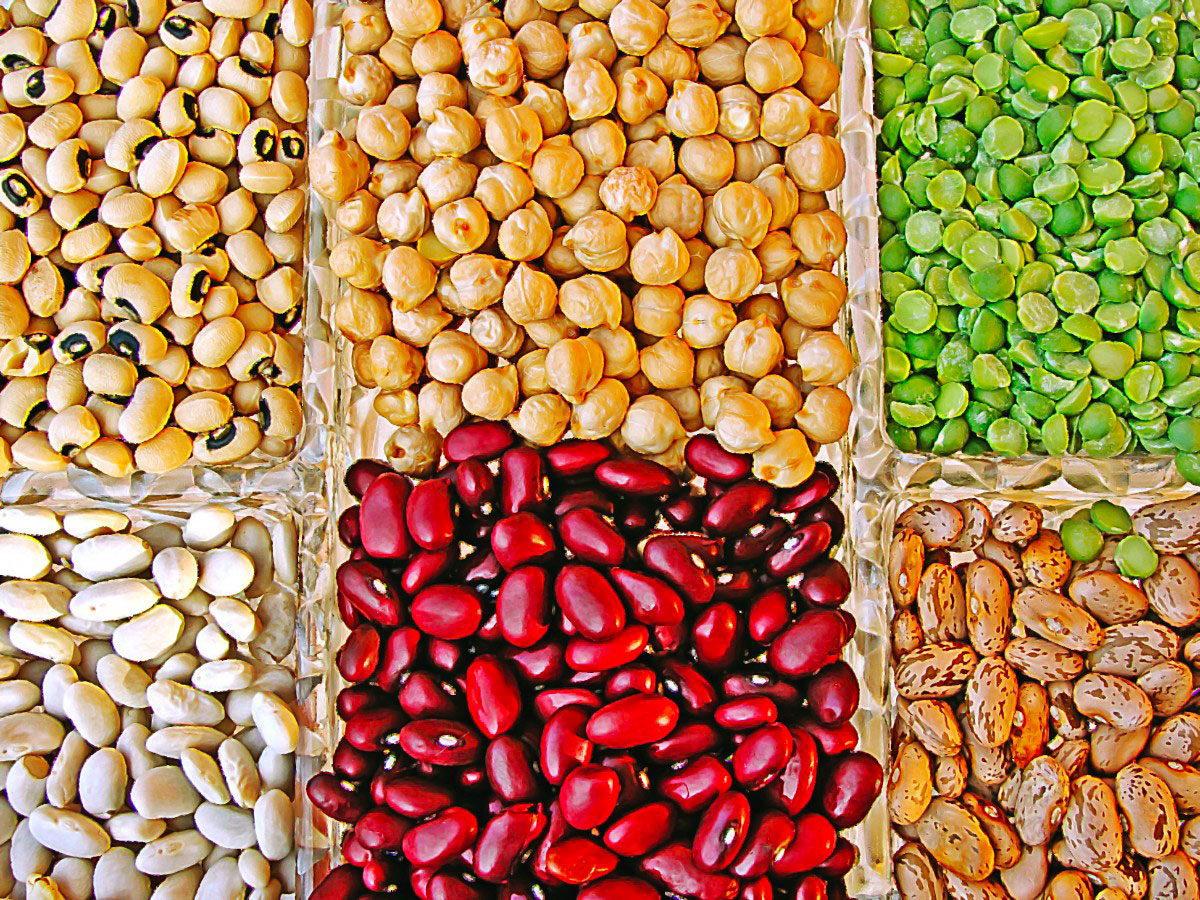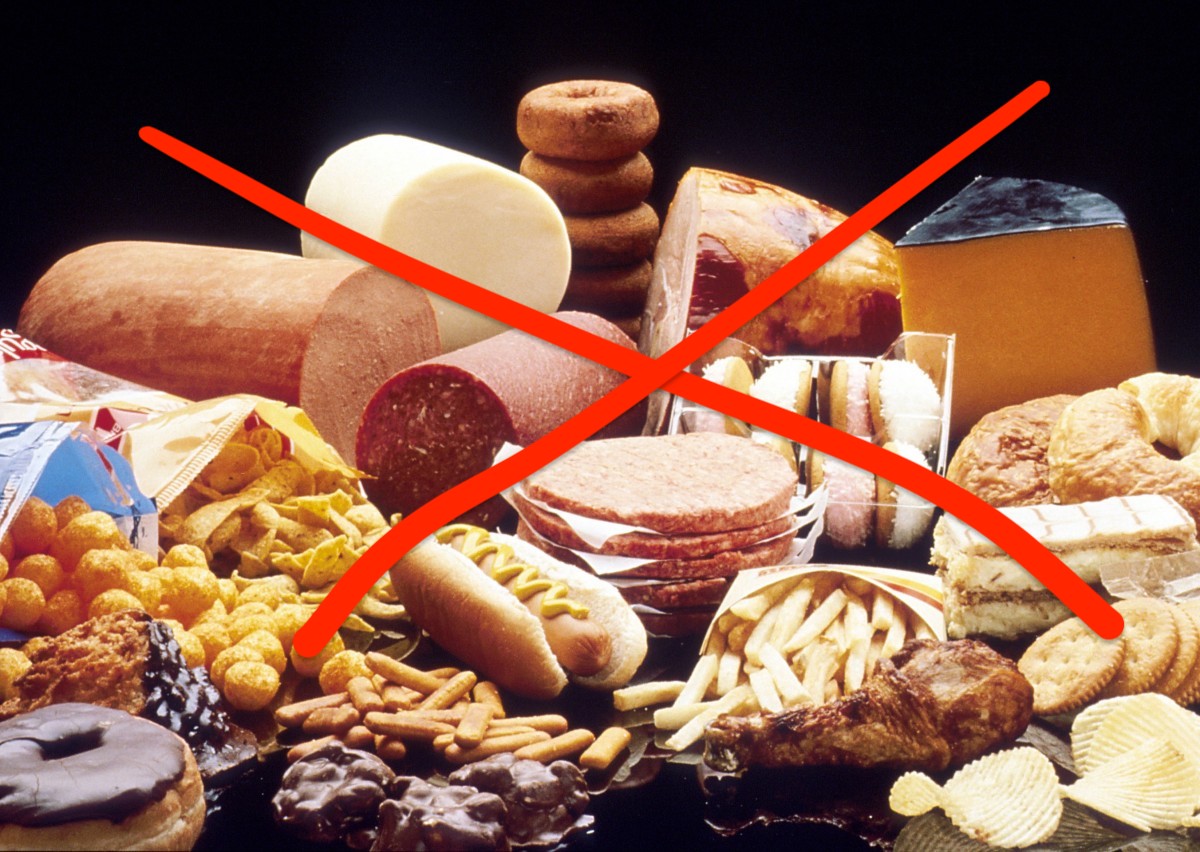RAPPORTO PROTEINE/GRASSI
Una maggiore quantità di proteine vegetali nella dieta può aiutare ad abbassare la pressione sanguigna 1.
Questo in parte dipende dal fatto che fonti proteiche animali come la carne contengono anche grassi saturi 2.
Per il benessere è importante ridurre l’assunzione di grassi saturi e aumentare quella di acidi grassi polinsaturi 3.
Spesso il contenuto di grassi negli alimenti di origine vegetale è preferibile.




PESO CORPOREO E LIVELLI DI ZUCCHERI NEL SANGUE
Le diete a base vegetale influiscono sul controllo del peso e sui livelli di zucchero nel sangue.
Rispetto a una dieta a base di carne, le diete vegetariane sono associate ad un ridotto rischio di obesità 4.
Uno dei motivi è che le diete a base vegetale sono spesso ricche di fibre 5.
Le fibre aumentano il tempo di transito del cibo nell’apparato digerente e prolungano così la sensazione di sazietà 6.
Inoltre le fibre possono rallentare l’assorbimento di altri nutrienti come gli zuccheri e diminuire quindi la quantità di insulina rilasciata dall’organismo 7.
Non è un caso che nei vegetariani il rischio di insorgenza del diabete di tipo 2 sia molto più basso 8.
COLESTEROLO
Alcuni dei cibi che compongono una dieta a base vegetale, come frutta in guscio e legumi, forniscono nutrienti che possono contribuire a migliorare i livelli di colesterolo e le condizioni dei vasi sanguigni 2.
Non deve sorprendere quindi che una dieta a base vegetale sia associata a un minor rischio di malattie cardiovascolari come le cardiopatie coronariche 9.
Fonte: Herbalife Nutrition
1 Pedersen, A.N., J. Kondrup, and E. Børsheim, Health effects of protein intake in healthy adults: a systematic literature review.
Food & nutrition research, 2013. 57: p. 10.3402/fnr.v57i0.21245.
2 Willett, W., et al., Food in the Anthropocene: the EAT-Lancet Commission on healthy diets from sustainable food systems. Lancet, 2019.
3 Craig, W.J. and A.R. Mangels, Position of the American Dietetic Association: vegetarian diets. J Am Diet Assoc, 2009. 109(7): p. 1266-82.
4 Huang, R.Y., et al., Vegetarian Diets and Weight Reduction: a Meta-Analysis of Randomized Controlled Trials. J Gen Intern Med, 2016. 31(1):
p. 109-16.
5 Key, T.J., P.N. Appleby, and M.S. Rosell, Health effects of vegetarian and vegan diets. Proc Nutr Soc, 2006. 65(1): p. 35-41.
6 EFSA, Scientific Opinion on Dietary Reference Values for carbohydrates and dietary fibre. EFSA Journal, 2010. 8(3): p. 1462.
7 Müller, M., E.E. Canfora, and E.E. Blaak, Gastrointestinal Transit Time, Glucose Homeostasis and Metabolic Health: Modulation by
Dietary Fibers. Nutrients, 2018. 10(3): p. 275.
8 Appleby, P.N. and T.J. Key, The long-term health of vegetarians and vegans. Proc Nutr Soc, 2016. 75(3): p. 287-93.
9 Melina, V., W. Craig, and S. Levin, Position of the Academy of Nutrition and Dietetics: Vegetarian Diets. J Acad Nutr Diet, 2016. 116(12):
p. 1970-1980.
RAPPORTO
